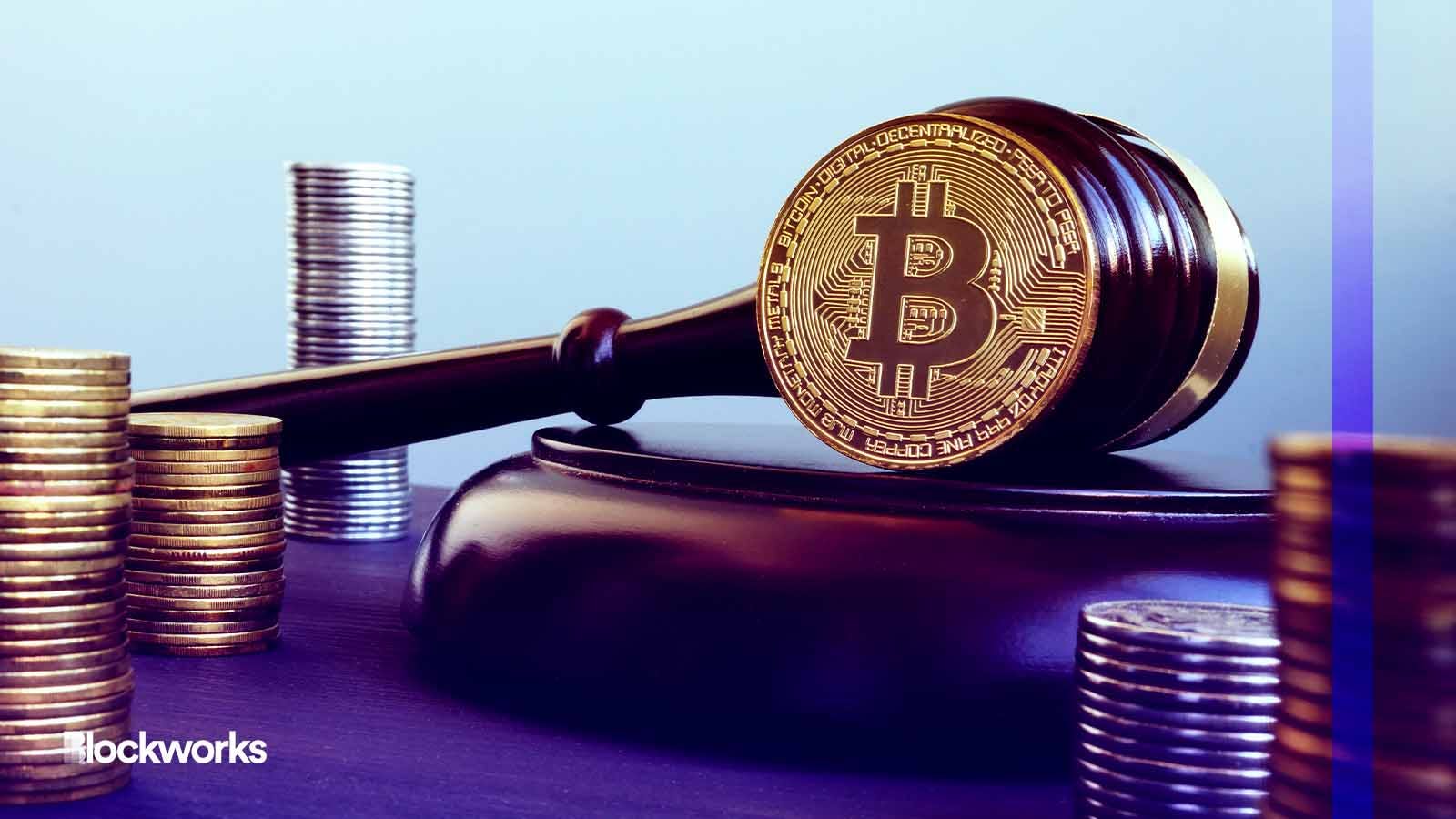Congress is back, and Gensler is making the rounds
In the House, five crypto-related bills managed to be ordered for a full floor vote, the Senate meanwhile has not had a single crypto bill voted through committee

Vitalii Vodolazskyi/Shutterstock modified by Blockworks
As members of Congress make their way back to Washington this month, crypto companies and investors have an eye on pending legislation.
Senators reconvened at Capitol Hill on Tuesday, with representatives slated to end their recess on Sept. 12. As both houses strive to finalize the budget and avoid a government shutdown, insiders hint at potential developments in crypto policy this fall.
In the House, five crypto-related bills managed to make it through committee markup and have been ordered to a full floor vote.
The Financial Innovation and Technology (FIT) for the 21st Century Act, co-sponsored by French Hill, R-Ark., Glenn Thompson , R-Penn., and Dusty Johnson, R-S.D. and the Clarity for Payment Stablecoins Act, introduced by Patrick McHenry, R-N.C., have fairly promising bipartisan support.
Reps. Hill, Thompson and Johnson penned the FIT Act with hopes to establish joint rulemaking powers between the SEC and CFTC. Notably, the bill grants the latter control over digital commodities markets, including exchanges and broker-dealers.
The legislation also clarifies how digital assets are classified, stating that the existence of an investment contract alone does not make a token a security. About 70% of all crypto tokens should be classified as commodities rather than securities, the co-sponsors wrote in a fact sheet published alongside the bill.
With co-sponsors across committees, the FIT Act has made it through the House Financial Services and the House Agriculture Committees with bipartisan support. Other House bills, including the Keep Your Coins Act and the Blockchain Regulatory Certainty Act have also passed through to a full House vote, although with less support from Democrats.
The Senate has seen less progress, with 18 crypto-related bills introduced this session and none having made it through a committee markup.
However, a number of bipartisan efforts are making their way through the Senate, including some bills that have been reintroduced this session after failing to move forward last session.
Sens. Cynthia Lummis, R-Wyo., and Kristen Gillibrand, D-N.Y., brought their revamped Responsible Financial Innovation Act bill in July. The new version would establish a law enforcement working group to help monitor the industry. It also updates the tax code and attempts to tackle stablecoin regulation with new reporting and registration requirements.
Also in July, Sen. Jack Reed, D-R.I., introduced the Crypto Asset National Security Enhancement Act of 2023 alongside Sens. Mark Warner, D-Va., Mike Rounds, R-S.D., and Mitt Romney, R-Utah.
Reed’s bill would require anyone who “controls” a DeFi protocol to ensure there are anti-money laundering programs in effect and adhere to know-your-customer (KYC) policies. DeFi protocol controllers would also be responsible for reporting suspicious activity and make sure anyone blocked by sanctions is not using the protocol.
As we wait for the House to schedule full floor votes and continue to watch for signs that Senate committees might move into the markup phase, investors and industry members should gear up for a busy month. SEC chair Gary Gensler is scheduled to head to both houses of Congress; first to the Senate Banking Committee on Sept. 12 and later the House Financial Services Committee on Sept. 27.
Get the news in your inbox. Explore Blockworks newsletters:
- The Breakdown: Decoding crypto and the markets. Daily.
- 0xResearch: Alpha in your inbox. Think like an analyst.






